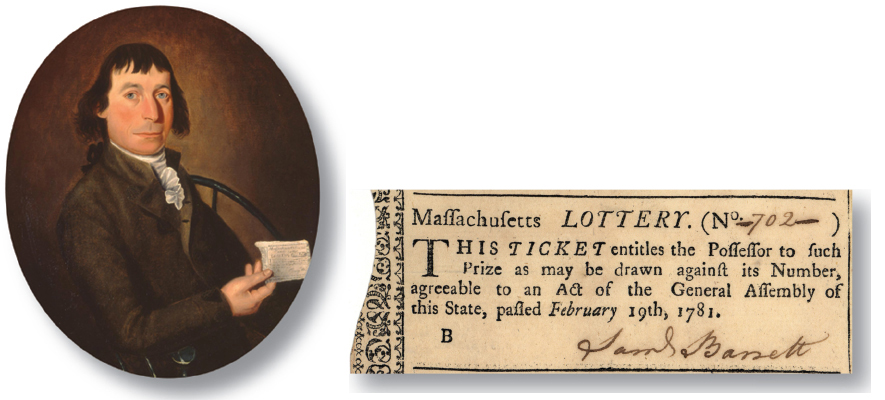The American Promise:
Printed Page 207
The American Promise Value
Edition: Printed Page 197
The War Debt and the Newburgh Conspiracy
For nearly two years, the Continental army camped at Newburgh, north of the British-
Instead of rejecting the petition outright for lack of money, several members of the congress saw an opportunity to pressure the states to approve taxation powers. One of these was Robert Morris, a Philadelphia merchant with a gift for financial dealings. As the congress’s superintendent of finance, Morris kept the books and wheedled loans from European bankers using his own substantial fortune as collateral. To forestall total insolvency, Morris led efforts in 1781 and again in 1786 to amend the Articles to allow collection of a 5 percent impost (an import tax). Each time it failed by one vote, illustrating the difficulties of achieving unanimity. Now the officers’ petition offered new prospects to make the case for taxation.

The result was a plot called the Newburgh Conspiracy. Morris and several other congressmen encouraged the officers to march the army on the congress to demand its pay. No actual coup was envisioned; both sides shared the goal of wanting to augment the congress’s power of taxation. Yet the risks were great, for not everyone would understand that this was a ruse. What if the soldiers, incited by their grievances, could not be held in check?
General George Washington, sympathetic to the plight of unpaid soldiers and officers, had approved the initial petition. But the plotters, knowing of his reputation for integrity, did not inform him of their collusion with congressional leaders. In March 1783, when the general learned of these developments, he delivered an emotional speech to a meeting of five hundred officers, reminding them in stirring language of honor, heroism, and sacrifice. He urged them to put their faith in the congress, and he denounced the plotters as “subversive of all order and discipline.” His audience was left speechless and tearful, and the plot was immediately defused.
Morris continued to work to find money to pay the soldiers. But in the end, a trickle of money from a few states was too little and too late, coming after the army began to disband. For its part, the congress voted to endorse a plan to commute, or transform, the lifetime pension promised the officers into a lump-
In 1783, the soldiers’ pay and officers’ pensions added some $5 million to the rising public debt, forcing the congress to press for larger requisitions from the states. The confederation, however, had one new source of enormous untapped wealth: the extensive western territories, attractive to the fast-